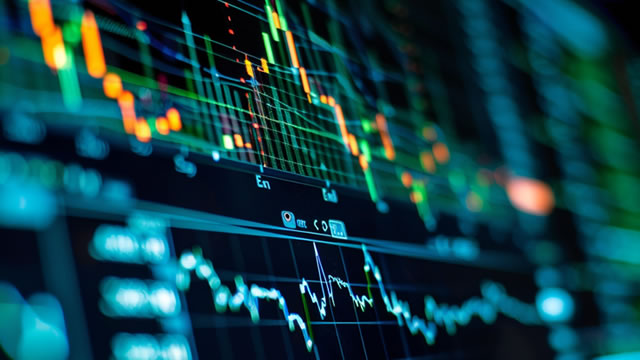Fed Chair Powell’s Take on Tariffs at SABEW: What Does it Mean for Us and the World?
In a recent turn of events, Federal Reserve Chair Jerome Powell weighed in on the ongoing trade tensions between the US and China during the Society for Advancing Business Editing and Writing (SABEW) conference. Powell, known for his measured and thoughtful remarks, shared his insights on the economic implications of President Trump’s tariff announcements.
Powell’s Perspective: A Dose of Reality
At the conference, Powell acknowledged the uncertainty surrounding the tariffs and their potential impact on the economy. He emphasized that tariffs are essentially a tax on consumers and businesses, and the ultimate burden falls on American taxpayers.
Impact on Individuals: A Personal Perspective
As individuals, we might experience the following consequences:
- Higher Prices: Tariffs can lead to increased prices on various goods, from electronics to agricultural products. This can put a strain on household budgets, especially for those living paycheck to paycheck.
- Job Losses: The potential for a trade war could result in job losses as companies look to minimize their costs by relocating production to other countries or reducing their workforce.
- Market Volatility: Tariffs can cause market instability, leading to increased volatility in stock prices and potentially affecting retirement accounts and other investments.
Global Implications: A Wider Perspective
On a global scale, the consequences can be even more far-reaching:
- Economic Slowdown: A prolonged trade war could lead to a global economic slowdown, as countries retaliate with their own tariffs and trade flows are disrupted.
- Currency Fluctuations: Tariffs can lead to currency fluctuations, as countries attempt to protect their economies through monetary policy.
- Geopolitical Tensions: The trade war could fuel geopolitical tensions between the US and China, potentially leading to wider conflicts and instability.
A Silver Lining?
Despite the potential downsides, there may be a silver lining. Powell noted that the US economy remains strong and is well-positioned to weather the storm. Additionally, the trade tensions could lead to increased focus on productivity and innovation, as companies look to reduce their reliance on foreign production.
As we wait to see how the situation unfolds, it’s important to stay informed and prepared. Keep an eye on the news, and consider seeking the advice of a financial advisor to help navigate any potential market volatility.
Conclusion: Stay Calm and Carry On
In the words of Chair Powell, “The economy is a complicated thing. It’s always evolving. And it’s always surprising us.” With that in mind, it’s essential to stay informed, stay calm, and carry on. Whether you’re an individual investor or a global business, the trade tensions are a reminder that the economic landscape is constantly shifting. So let’s stay informed, stay adaptable, and stay resilient.
And if you need a little humor to help you through the uncertainty, remember: “In times of change, learners inherit the earth, while the learned find themselves beautifully equipped to deal with a world that no longer exists.” – Eric Hoffer





